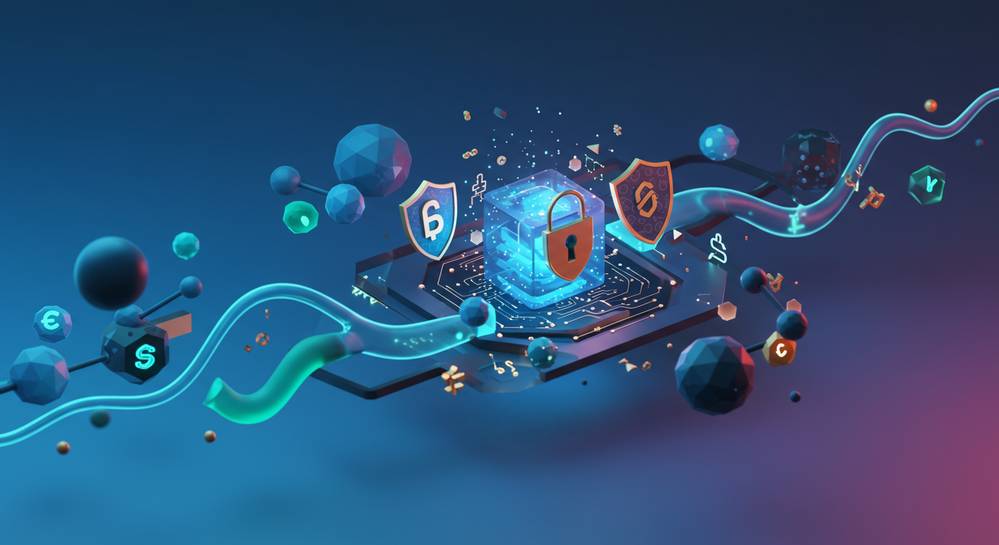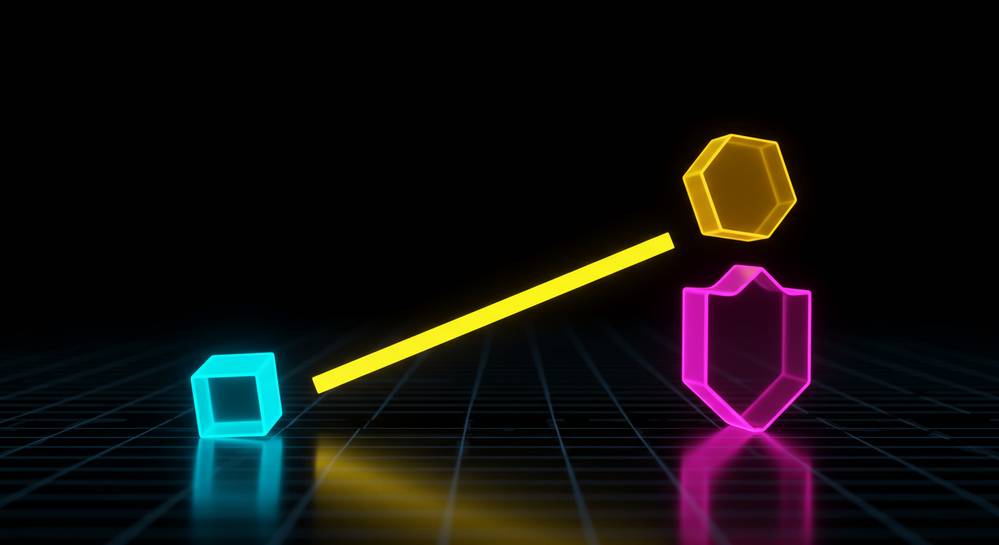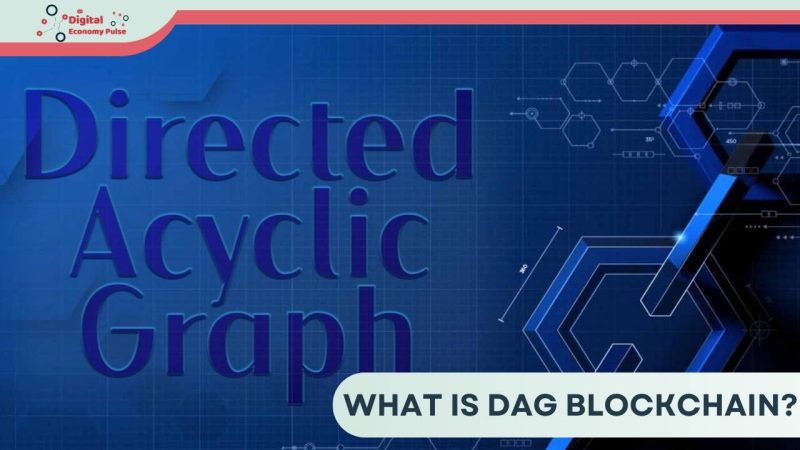The financial world is undergoing a seismic shift, powered by technological innovation. Understanding this transformation requires a grasp of its unique vocabulary. For anyone looking to thrive in or simply comprehend the modern financial ecosystem, having important fintech terminology explained is crucial. This comprehensive guide will demystify the core concepts shaping digital finance, from decentralized systems to AI-driven solutions, providing clarity in an ever-evolving landscape.
Understanding the Foundation of Modern Finance

Important Fintech Terminology Explained
Beyond Neobanks and AI, a deeper dive into key fintech terminology reveals the core innovations reshaping modern finance. These concepts drive efficiency, enhance user experience, and introduce new paradigms for financial interaction. Grasping them is essential for navigating today’s dynamic financial landscape.
Open Banking allows third-party financial providers secure access to consumer data with consent. This fosters competition, enabling seamless integration of diverse financial services and personalized offerings. It empowers consumers with greater control over their financial information.
The evolution of Digital Payments has transformed transactions. Mobile wallets, contactless methods, and instant peer-to-peer transfers now dominate, offering unparalleled speed and convenience. This global shift emphasizes security and user-centric design, moving finance into a truly digital era.
RegTech, or Regulatory Technology, utilizes AI and machine learning to streamline compliance and risk management. It automates reporting and monitoring, drastically cutting costs and human error. This is crucial for institutions facing complex global regulations, ensuring system integrity. Understanding these regulatory challenges is key.
The Blockchain and Cryptocurrency Paradigm
The advent of Blockchain technology fundamentally reshapes trust and transactions, introducing important fintech terminology explained through decentralized systems. This innovative ledger system ensures transparency and immutability, moving beyond traditional financial structures. Understanding its core components is crucial for modern finance.
A Blockchain operates as a distributed ledger, recording transactions across numerous computers. Each block contains timestamped data, forming a secure, unalterable chain. This architecture underpins the integrity of digital assets and fosters a new era of verifiable transactions, crucial for the future of finance and the broader digital economy. Exploring undefined provides deeper insight into its foundational structure.
Cryptocurrencies, like Bitcoin and Ethereum, are digital currencies secured by cryptography, preventing counterfeiting and double-spending. They enable peer-to-peer transactions without intermediaries, offering a direct and efficient financial exchange. The evolving landscape of undefined highlights their growing mainstream adoption.
Smart Contracts further revolutionize this paradigm. These self-executing agreements have terms directly coded onto a blockchain. They automatically execute when conditions are met, eliminating third-party reliance and significantly reducing costs and operational friction in various financial applications.
Exploring Decentralized Finance and Web3 Innovations

Decentralized Finance (DeFi) represents a paradigm shift, introducing important fintech terminology explained through a Blockchain-based financial system. It aims to remove traditional intermediaries, offering a more open and accessible financial ecosystem. This fundamental change redefines how value is exchanged and managed globally.
DeFi encompasses various applications, including lending, borrowing, and decentralized exchanges, all operating without central control. This disintermediation empowers users, providing direct access to financial services. The future of finance increasingly leans towards this peer-to-peer model, as seen in the broader trends of undefined.
Non-Fungible Tokens (NFTs) are unique digital assets recorded on a Blockchain. Unlike cryptocurrencies, NFTs are not interchangeable, making them ideal for representing ownership of digital art, collectibles, and even real-world assets. Their distinct value proposition drives new economies in the digital realm.
Decentralized Autonomous Organizations (DAOs) are another cornerstone of Web3. These organizations are governed by rules encoded in transparent computer programs, controlled by their members. DAOs embody the spirit of user ownership and collective decision-making, shaping the undefined.
Navigating Regulatory Frameworks and Security in Fintech

As fintech innovations accelerate, establishing robust regulatory frameworks and security measures becomes paramount. These essential components ensure consumer protection, maintain financial stability, and combat illicit activities. Understanding this important fintech terminology explained is crucial for all participants.
Know Your Customer (KYC) processes are mandatory for businesses to verify client identities. This critical step prevents money laundering, terrorist financing, and other illegal operations. Effective KYC protocols build trust and integrity within the digital financial ecosystem.
Complementing KYC, Anti-Money Laundering (AML) refers to comprehensive procedures and regulations designed to halt the generation of income from illegal actions. Financial institutions must implement stringent AML programs, continuously monitoring and reporting suspicious transactions to authorities.
Cybersecurity in fintech is non-negotiable, as digital financial systems are prime targets for sophisticated attacks. It involves safeguarding systems, networks, and sensitive data from unauthorized access and damage. Robust measures are vital for protecting financial assets and personal information.
Finally, strong Digital Identity verification is crucial for securing user accounts and transactions. This often incorporates multi-factor authentication and biometrics, providing enhanced protection against fraud. These layers of security are fundamental to the reliability of modern digital finance.
The world of digital finance is complex, yet understanding its core concepts is essential for navigating its opportunities and challenges. By demystifying terms like blockchain, DeFi, Neobanks, and Smart Contracts, individuals and businesses can better grasp the innovations driving this sector. The rapid pace of change in Fintech demands continuous learning and adaptation to leverage these technologies effectively. Dive deeper into the future of money and innovation by exploring more insights on Digital Economy Pulse.


